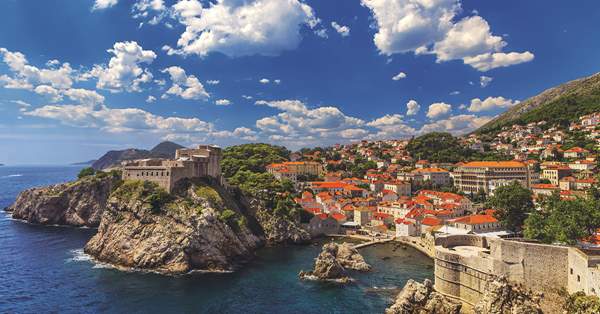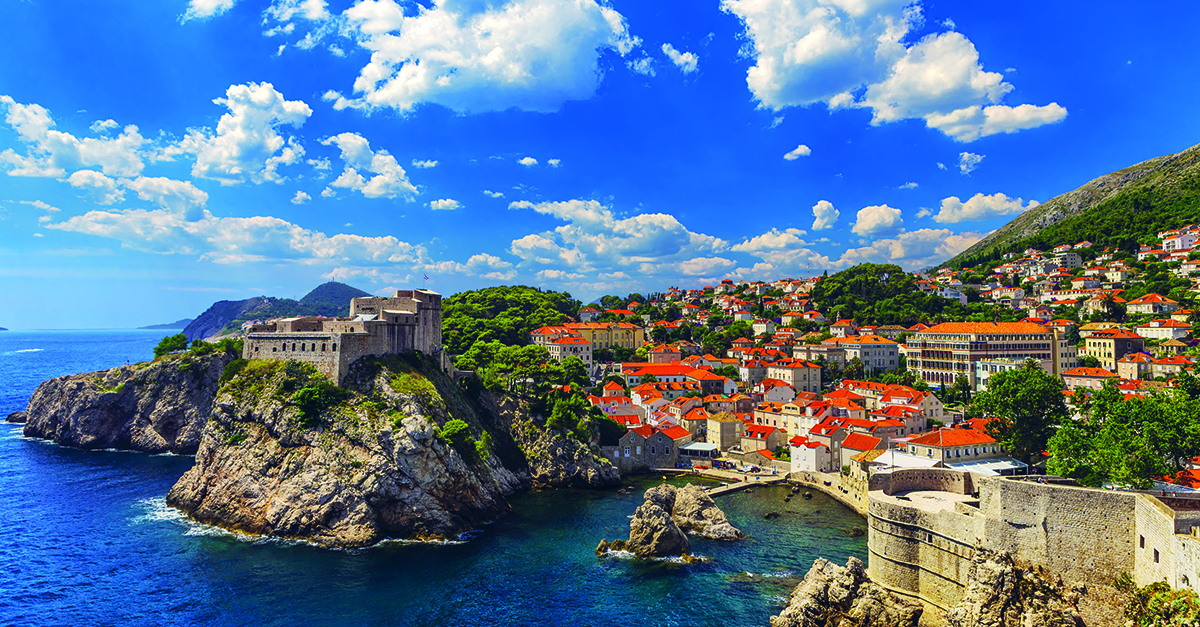
Experts are discussing migrations and their impact on tourism – Dubrovnik, Croatia

How is the migrant crisis evident in social and economic relationships of the Balkans and what challenges and obstacles does it pose to the tourism and healthcare sectors? This will be the centerpiece of discussion at the seminar hosted by Alma Mater Europaea – ECM in Dubrovnik.
The »Migration and Integration« seminar will take place between August 28th and September 1st at the Interuniversity Center Dubrovnik (IUC). It will feautre select experts from the fields of socio-humanistic, economics and medicine.
The purpose of this seminar is to bring to light the challenges and threats that the migrant crisis is posing to tourism. We will study these challenges and find constructive solutions for troubles in connection with migration and tourism. Throughout five lectures, participants will become familiarized with the basic terms in the socio-economic influence of migrations in the Balkan region – throughout history, until today. We will draw from practical examples and research innovative solutions in tourism, interpreting migration as part of the contemporary reality in the Balkans. »Discussions and creative workshops will focus on how to stimulate positive aspects of migrations and include them in the general promotion of tourism in the region« said the organiser of the event, dr. Goran Gumze, who works at the Alma Mater Europaea, a higher education institution in Maribor. (en.almamater.si)
Besides the economic impacts of migrations on tourism, we will pay special attention to the impact of migrations on the European labour market. The emmigration problem, a falling population count, and the consequential lack of work force are common issue amidst Croatian employers. At the seminar in Dubrovnik (http://en.almamater.si/-s302), experts will surely uncover possible solutions to this challenging socio-economic problem, through the utilization of new information and trends in the field.
Another organiser of the 'Migration and integration' seminar, professor dr. Nandu Goswani from the Austrian university of medicine (Medizinische Universität) in Graz, will speak about the medical aspects and dimensions of migrations – socio-economic aspects will be lectured by an expert from Burch University in Sarajevo, dr. Nermin Oruc.
From the medical perspective, most crucial to migrants is the assurance of a quality healthcare, because of the injured, dehydrated, sickenned, pregnant, heart patients and dibetics in their midst. Additionally, due to trauma related to a forced migration, many are suffering from emotional and mental disturbances, which demand immediate professional treatment. On top of all this, the medical system must follow through with measures for protection against infectious diseases.
The impact of mass migrations on local communities, where migrants have come to settle is mostly negative – the locals have interpreted migrants as a threat to their way of life and their culture, as well as job security, national security and stability – the state must create a sound migration policy. The fear of the local population can often become the source of racism, discrimination, xenophobia and angst. This is why a good migration policy is important; a policy which controls and prevents potential conflict and discrimination, as well as establishing effective mechanisms for integrating foreigners into society. Typically this is done through projects which recognize the specific needs of unprivileged groups: educational workshops, counselling, language courses, employment searching, familiarization with the local environment etc.
It is important to warn that with integration, assurance of economic, cultural and social participation rights is crucial. At the same time, it is important that migrants needn't give up their cultural identity.
Migrations aren't anything new – they are not characteristical only for contemporary global society, as they have existed as long as society itself. At many times throughout history, people moved due to wars, famine, poverty, prosecution and violence. »Albeit each refugee has a personal story and pain, they share a common courage.« said the general secretary of the UN, Antonio Guterres. »This is a courage not only to survive, but to persist and renew their destroyed lives.«
